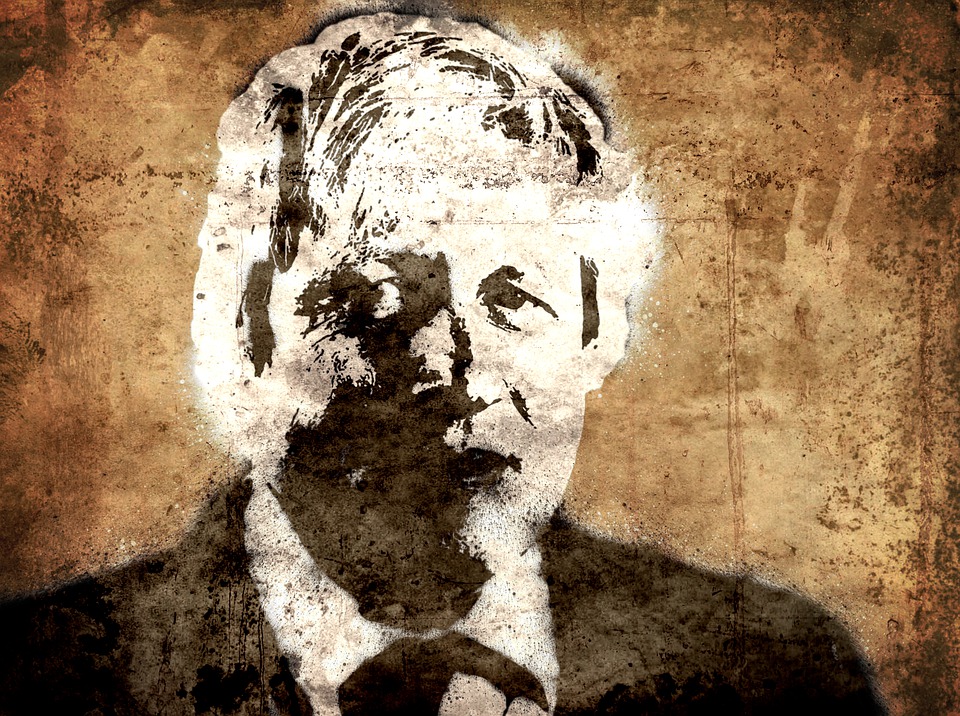The UK has reversed the decision to allow the Chinese tech giant, Huawei to provide around 35% of the country’s 5G network infrastructure. On Tuesday British regulators reversed the decision which is an indication that technology will take center stage in the growing divide between China and Western powers.
The UK reverses decision allowing Huawei to build its 5G network
At the beginning of this year, the UK indicated that it will allow the use of Huawei equipment in the building of its next-generation network albeit on a limited basis. Ministers are claiming the reason for the change of course was the US sanctions on the Chinese tech giant.
However, some believe that the growing political pressure that Prime Minister Boris Johnson has faced in recent months might have contributed to the decision. Despite controlling the majority of parliament, Johnson could have lost the vote of Commons has he stuck with the decision to allow the company to provide 5G equipment. Some parliamentarians of the ruling Conservative Party have expressed concerns regarding security implications of letting Huawei which has ties with the Chinese government build the 5G network.
The UK’s decision comes at a time when its relationship with China has declined significantly following its actions in Hong Kong. Britain is showing the willingness of the West to confront china as pressure grows following Beijing’s sweeping new law introduced last month’s tightening grip on Hong Kong.
China can use Huawei equipment for espionage
According to critics of Huawei, its involvement with the Chinese government means China can use its equipment to disrupt telecommunications or for espionage. There has been growing pressure from the US on the UK and European countries to ban the use of Huawei equipment in building 5G networks. The US has even threatened that it will withhold intelligence from those nations that will continue using Huawei products.
This is a win for President Donald Trump who claimed credit for talking to Johnson to ban Huawei. But then it is a decision that Johnson could have made anyways because to boost his dwindling support among the Commons.









